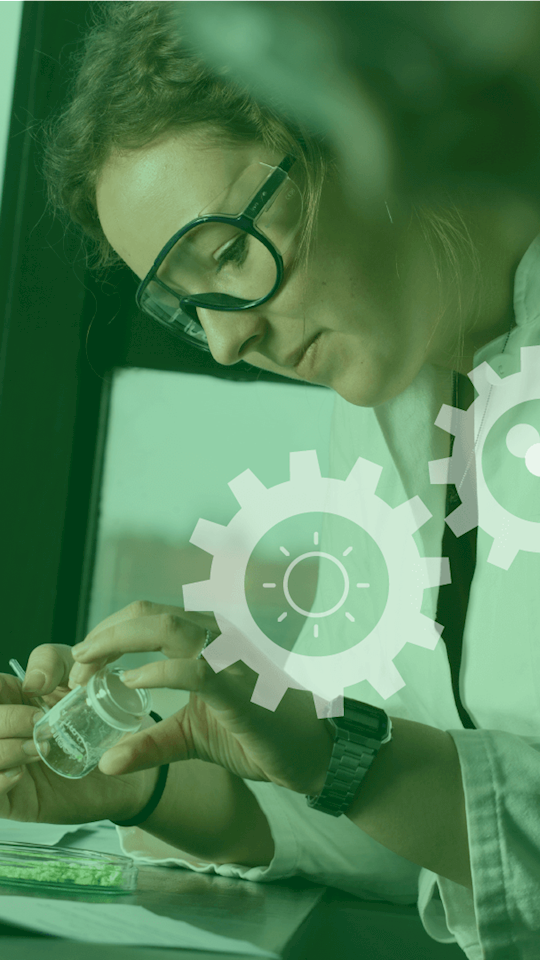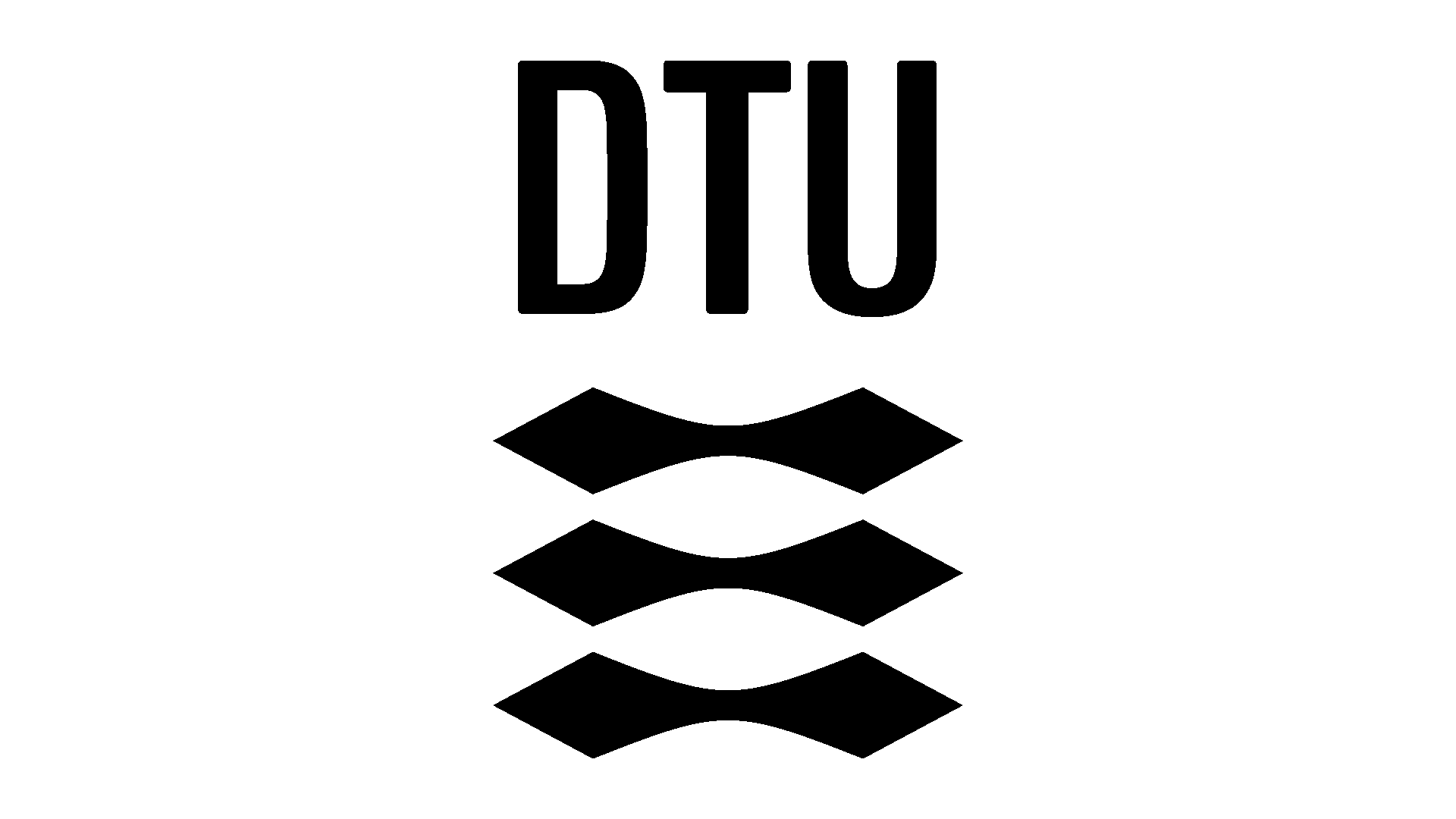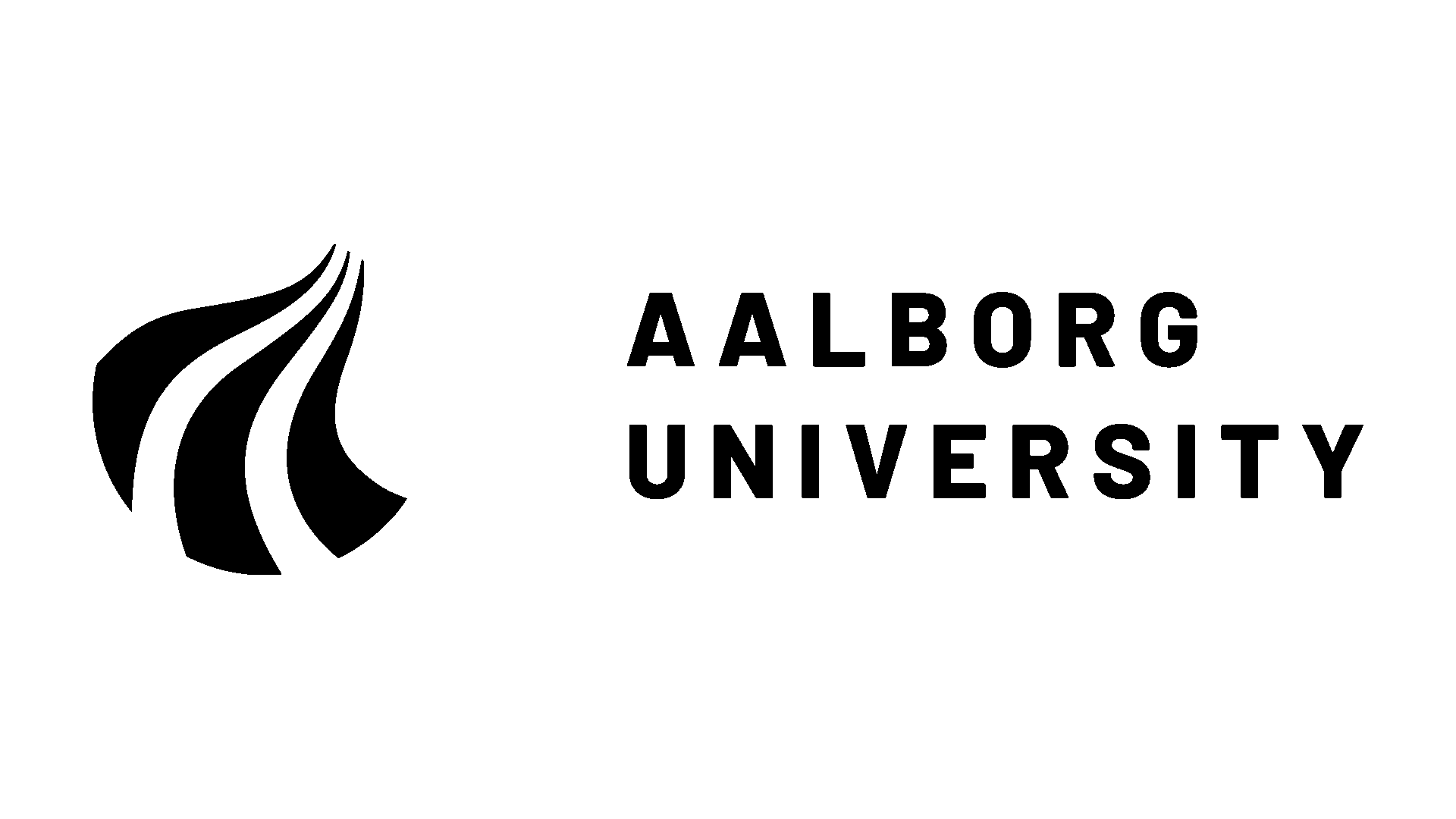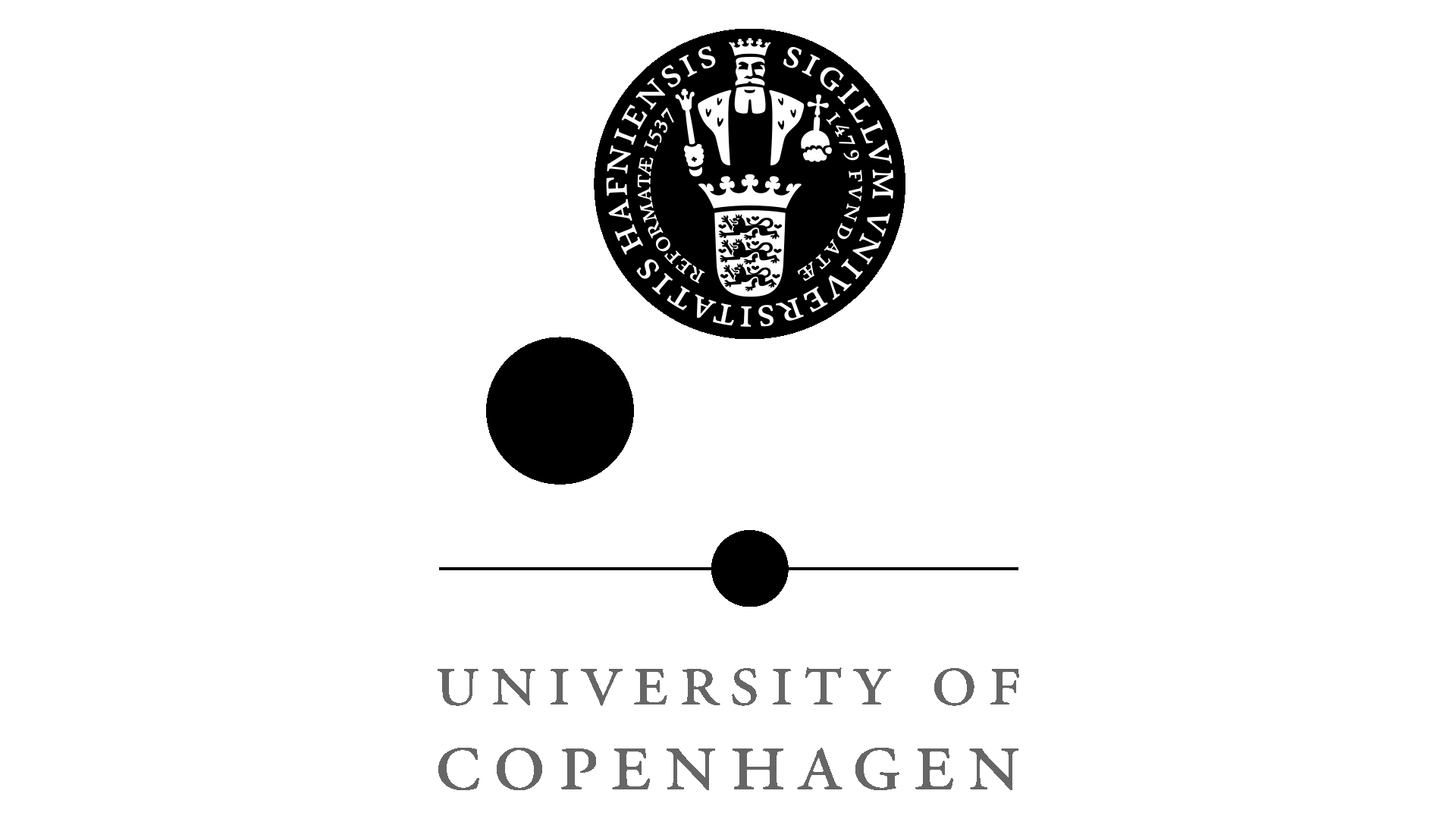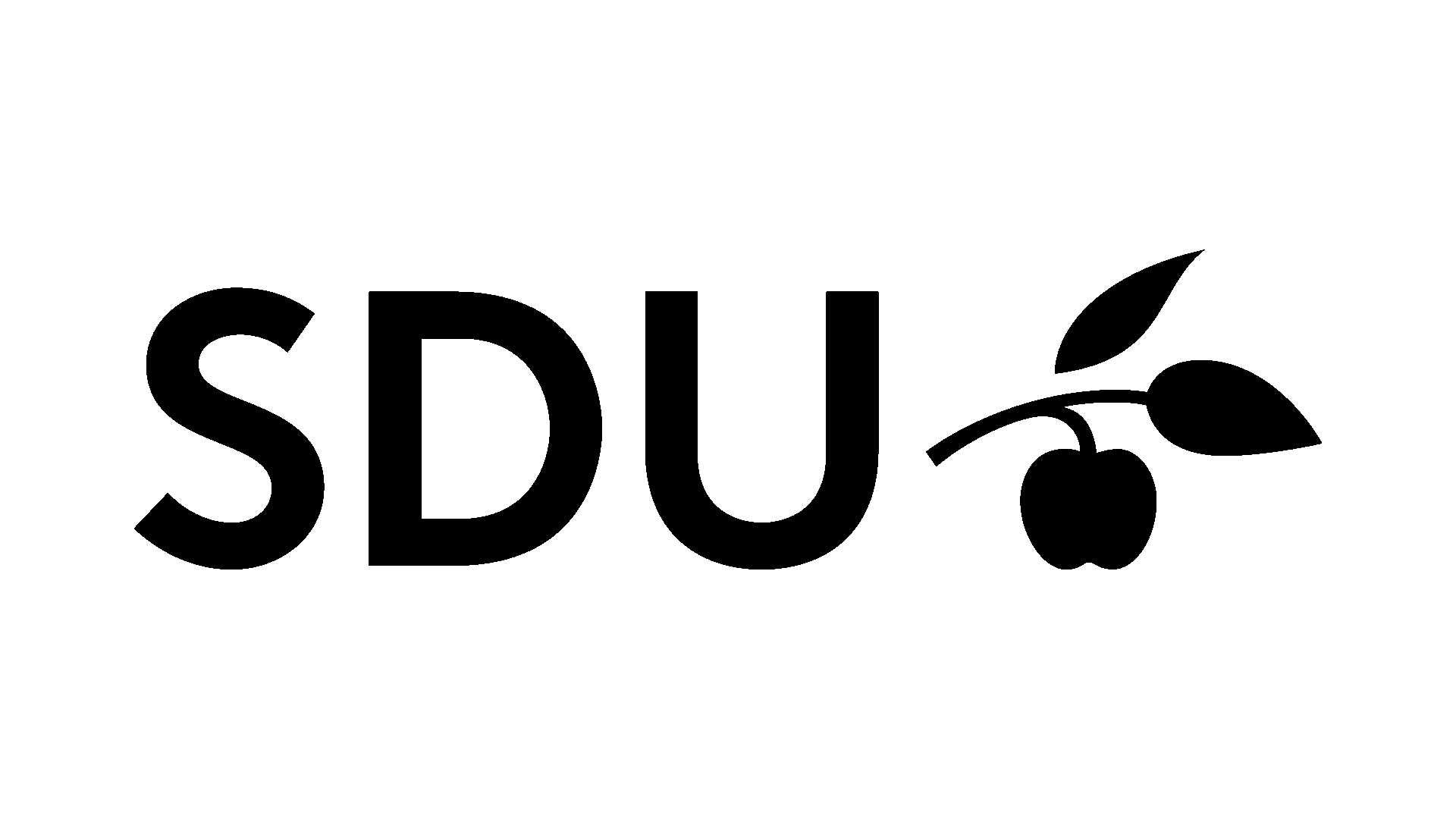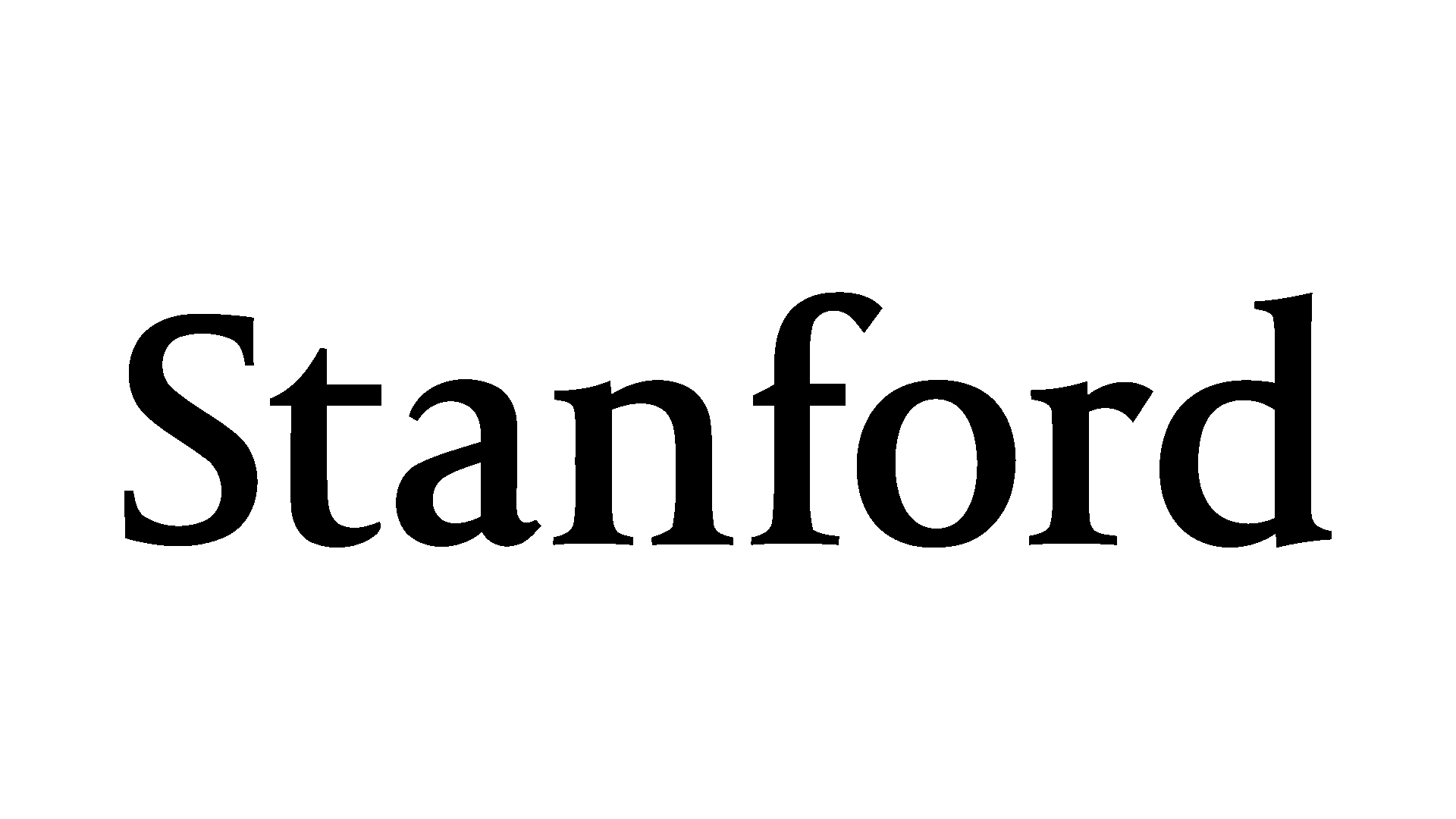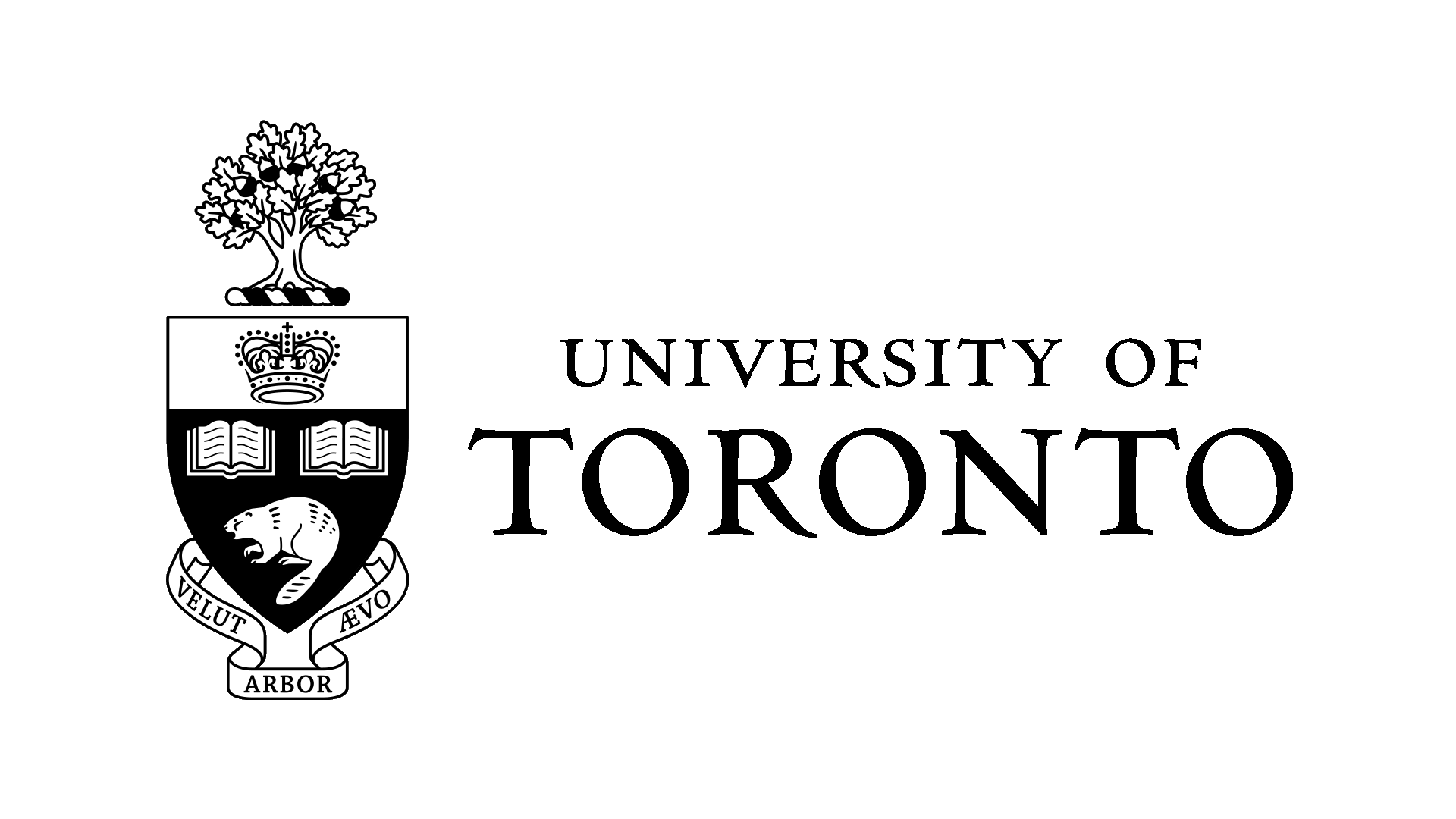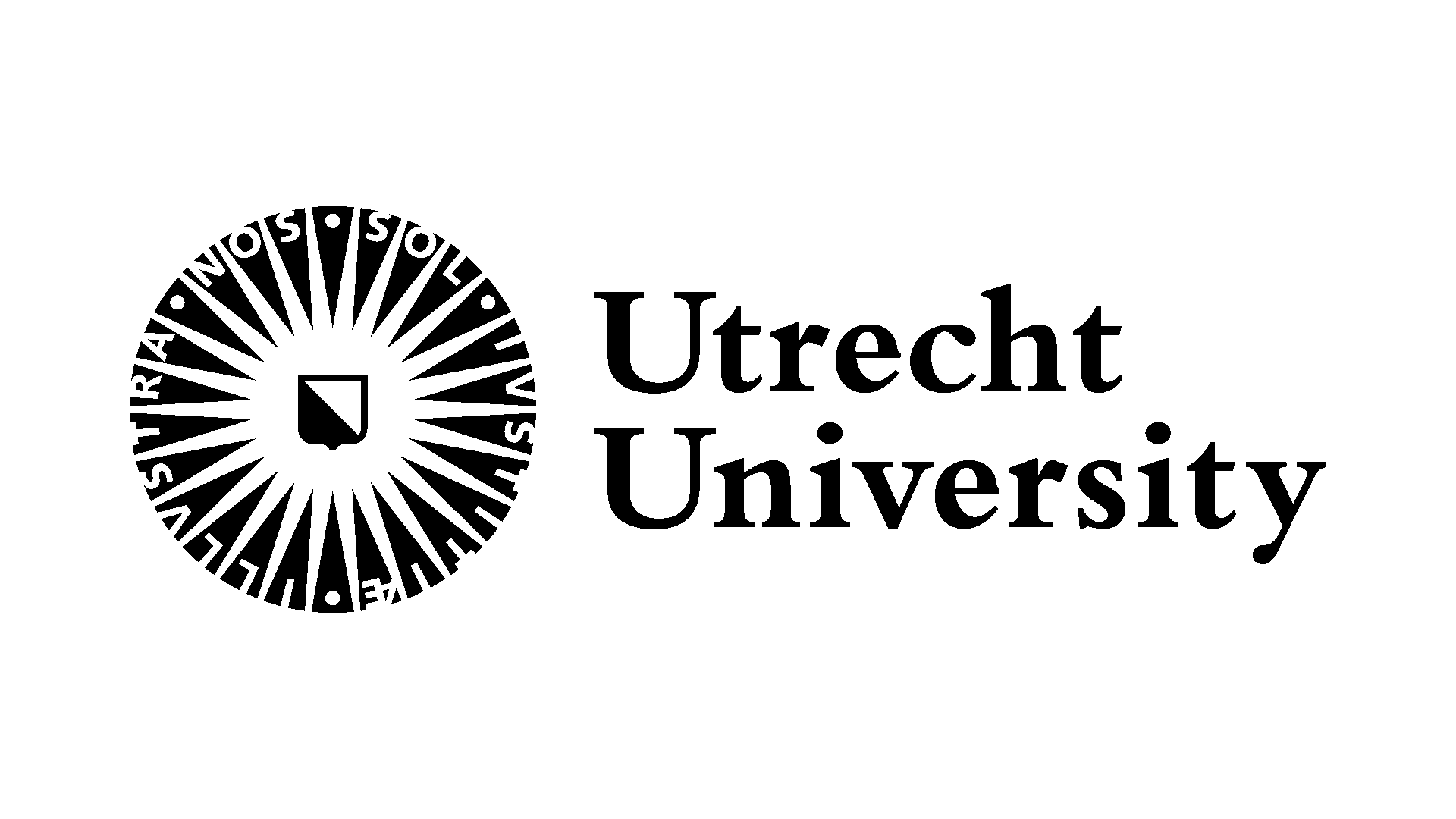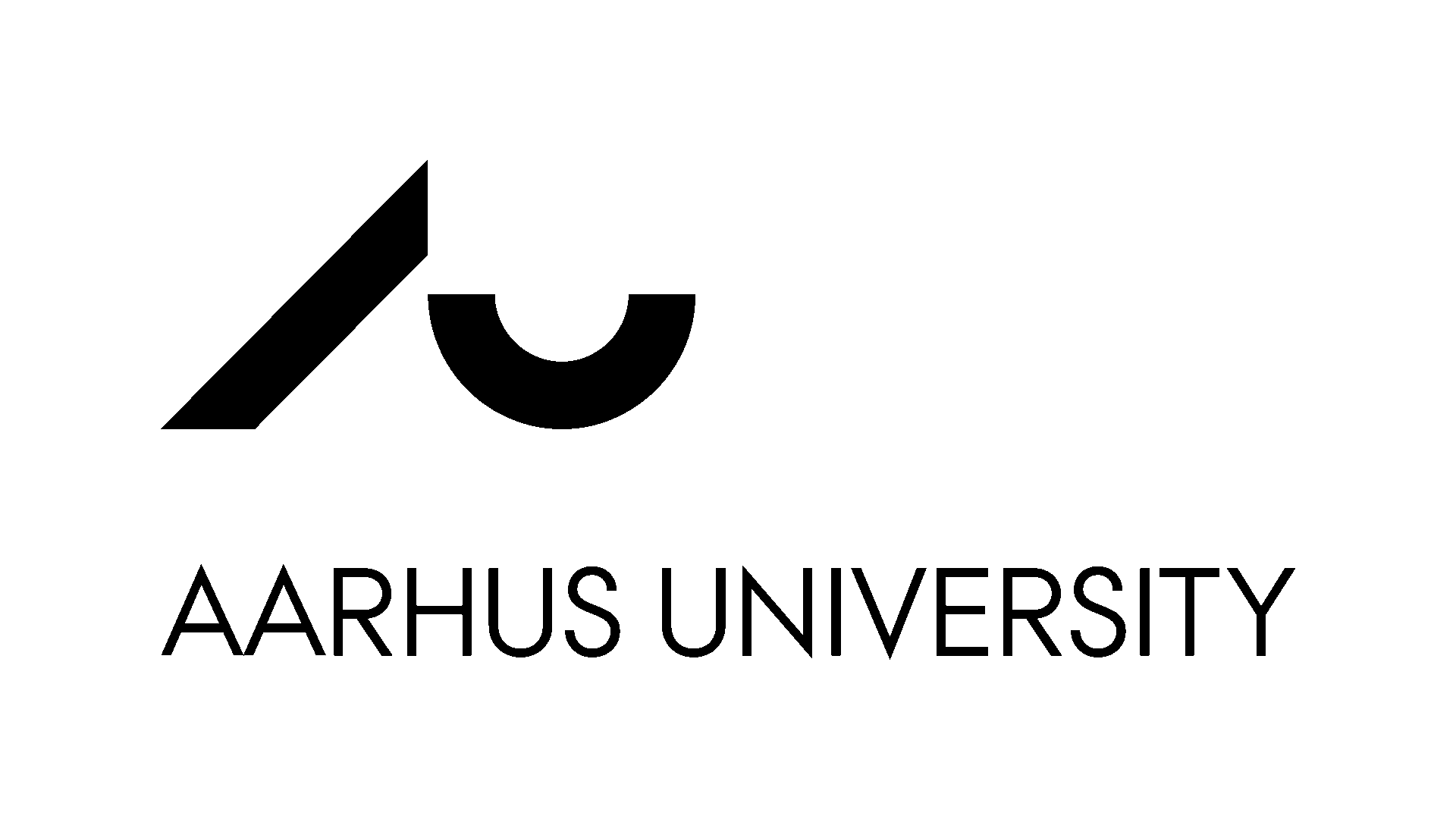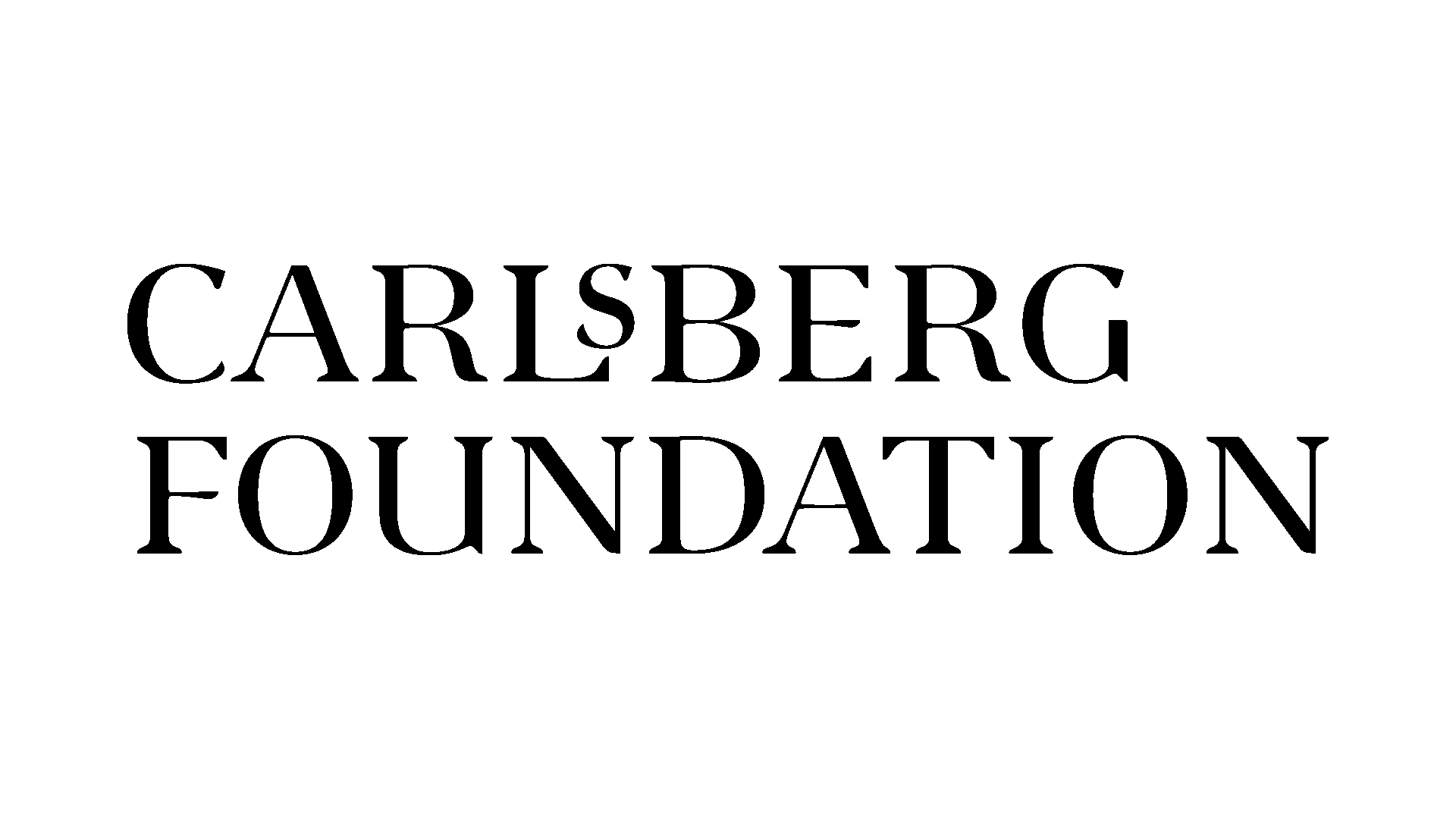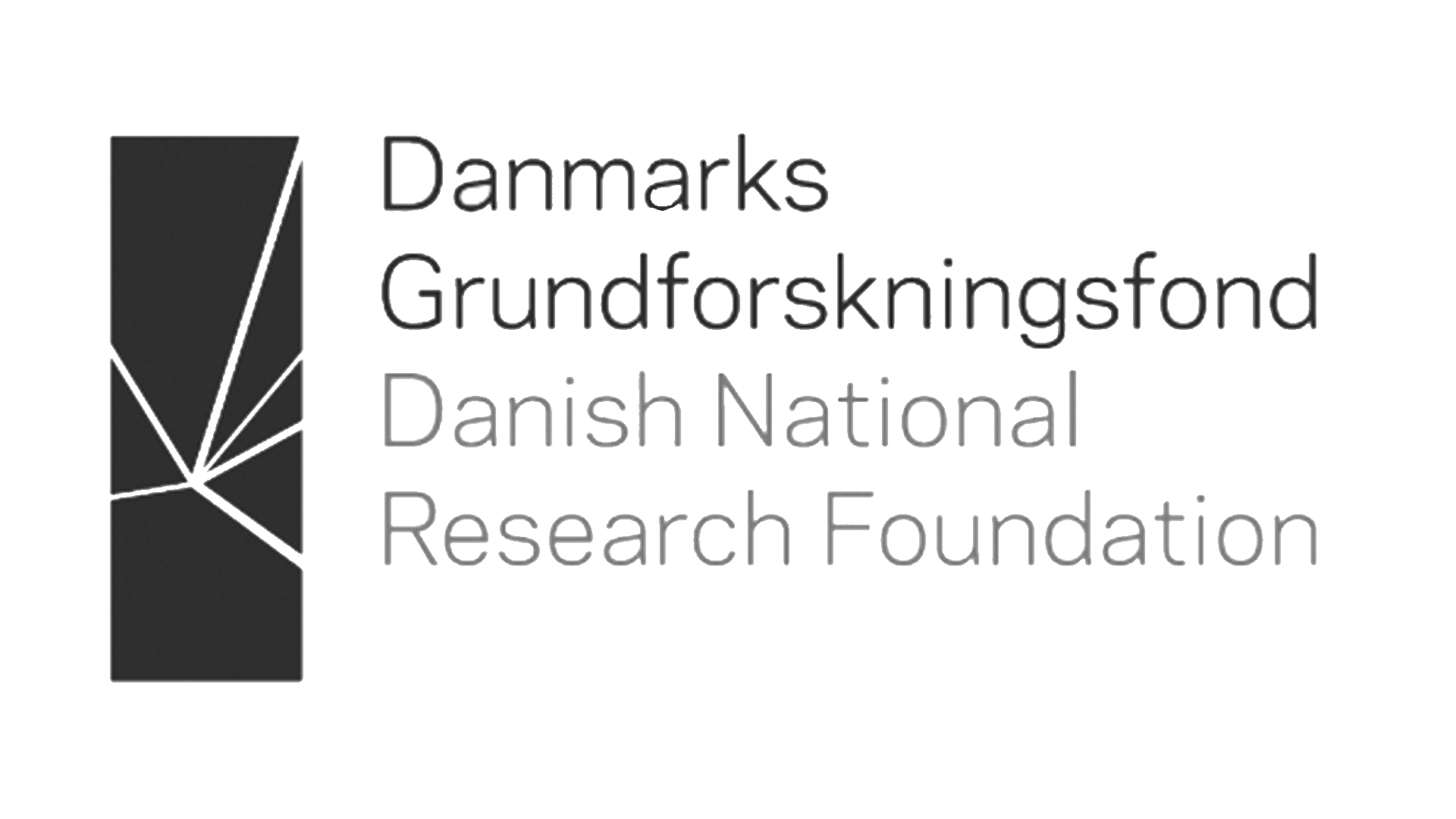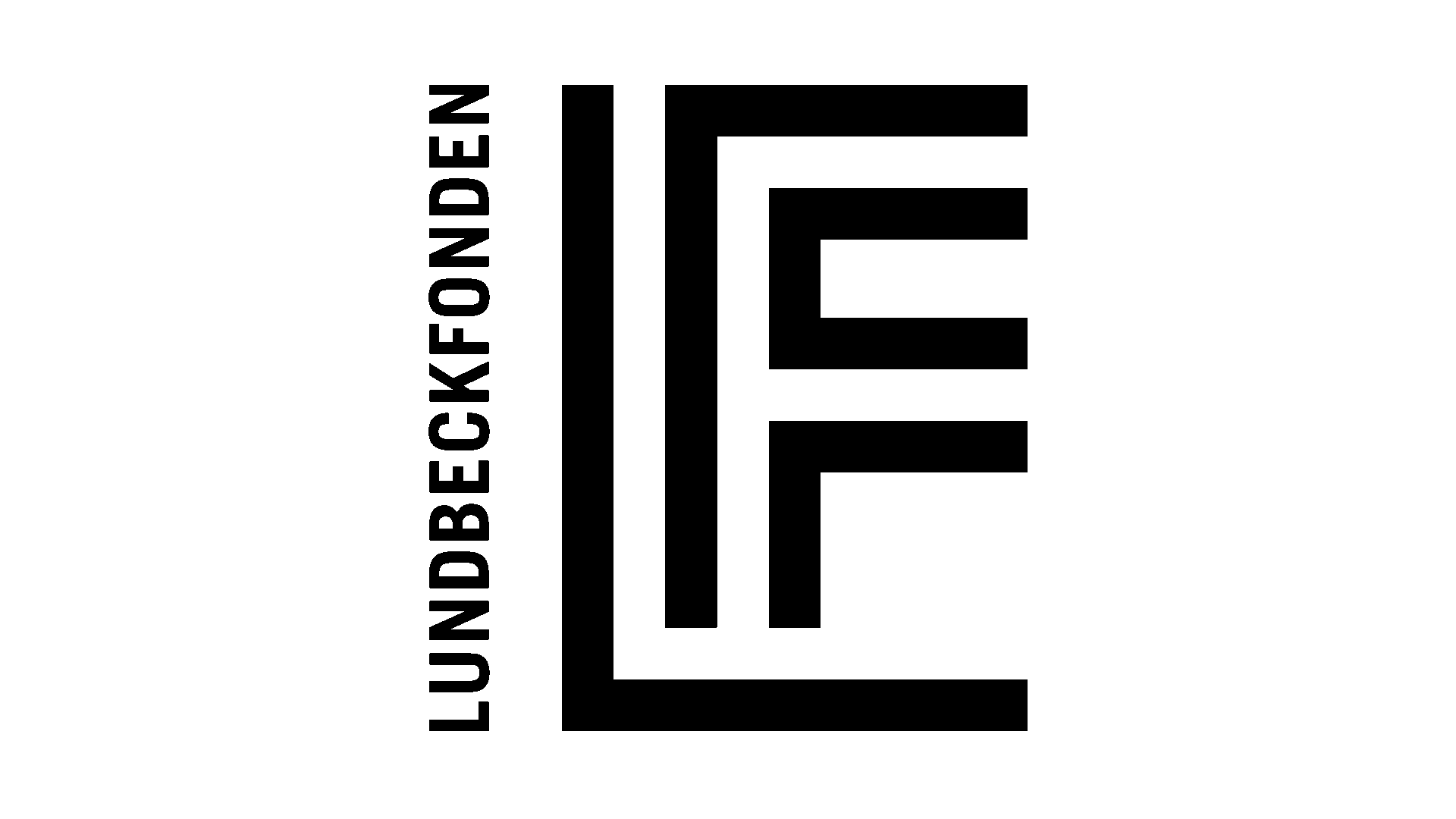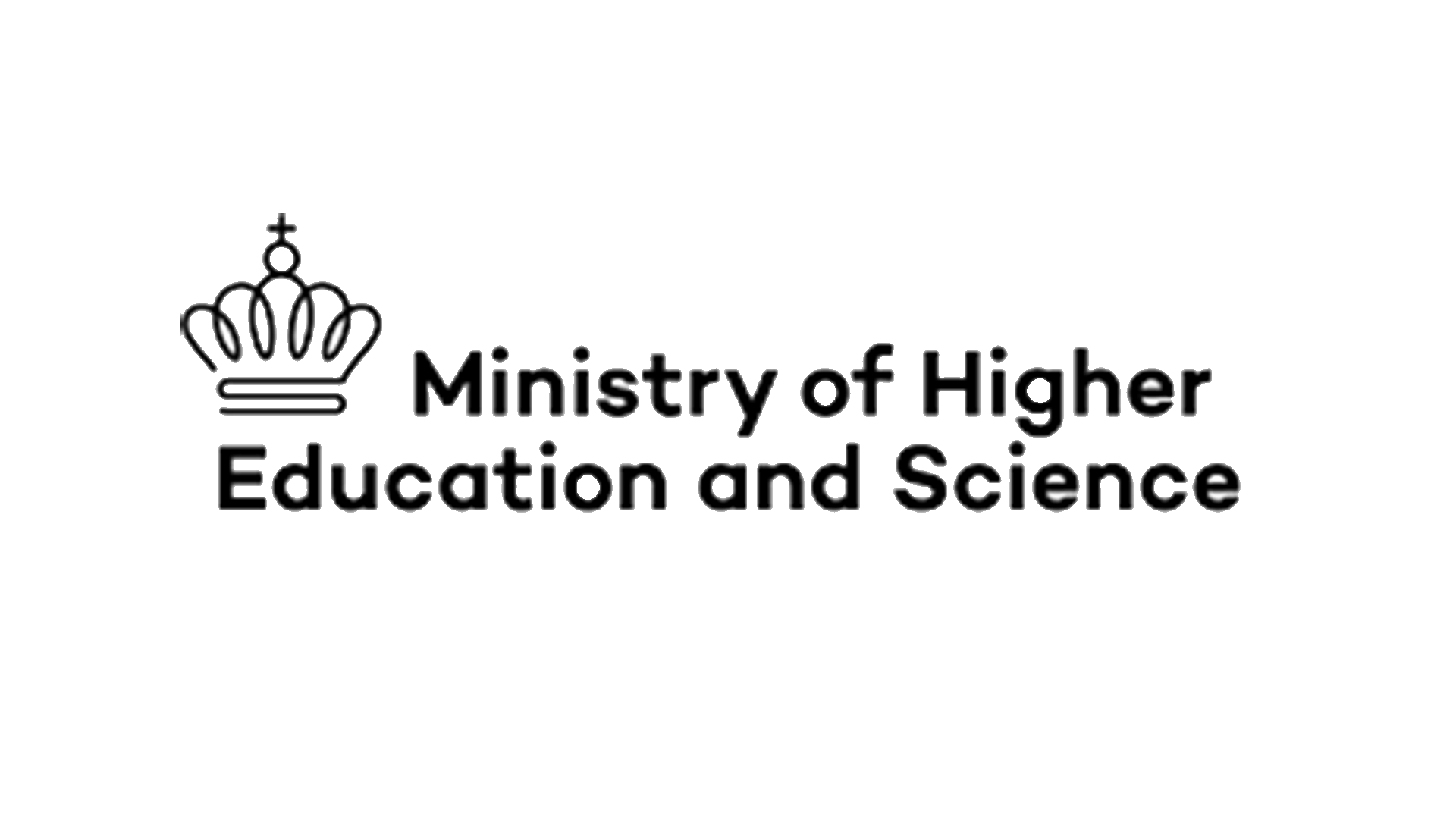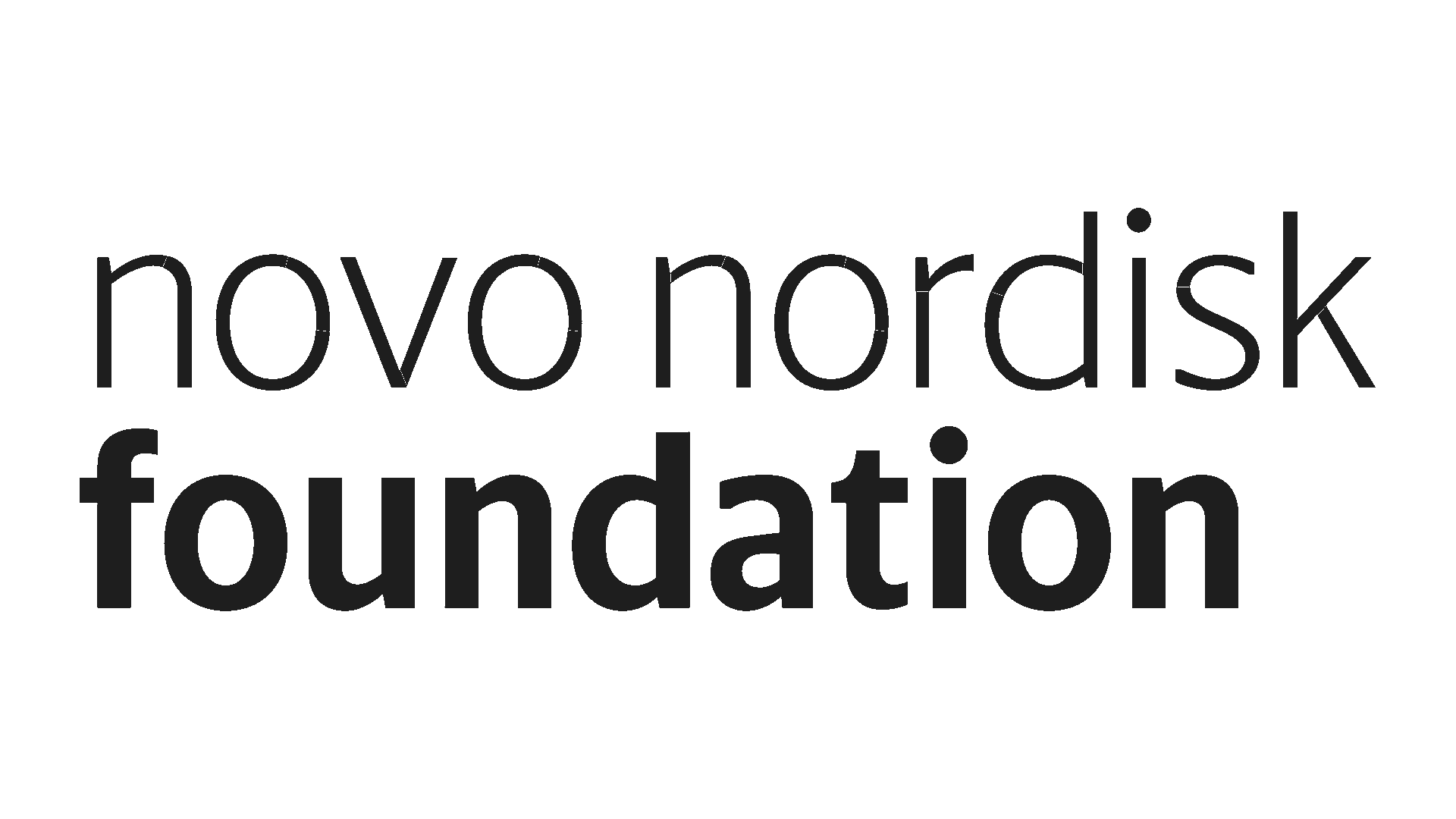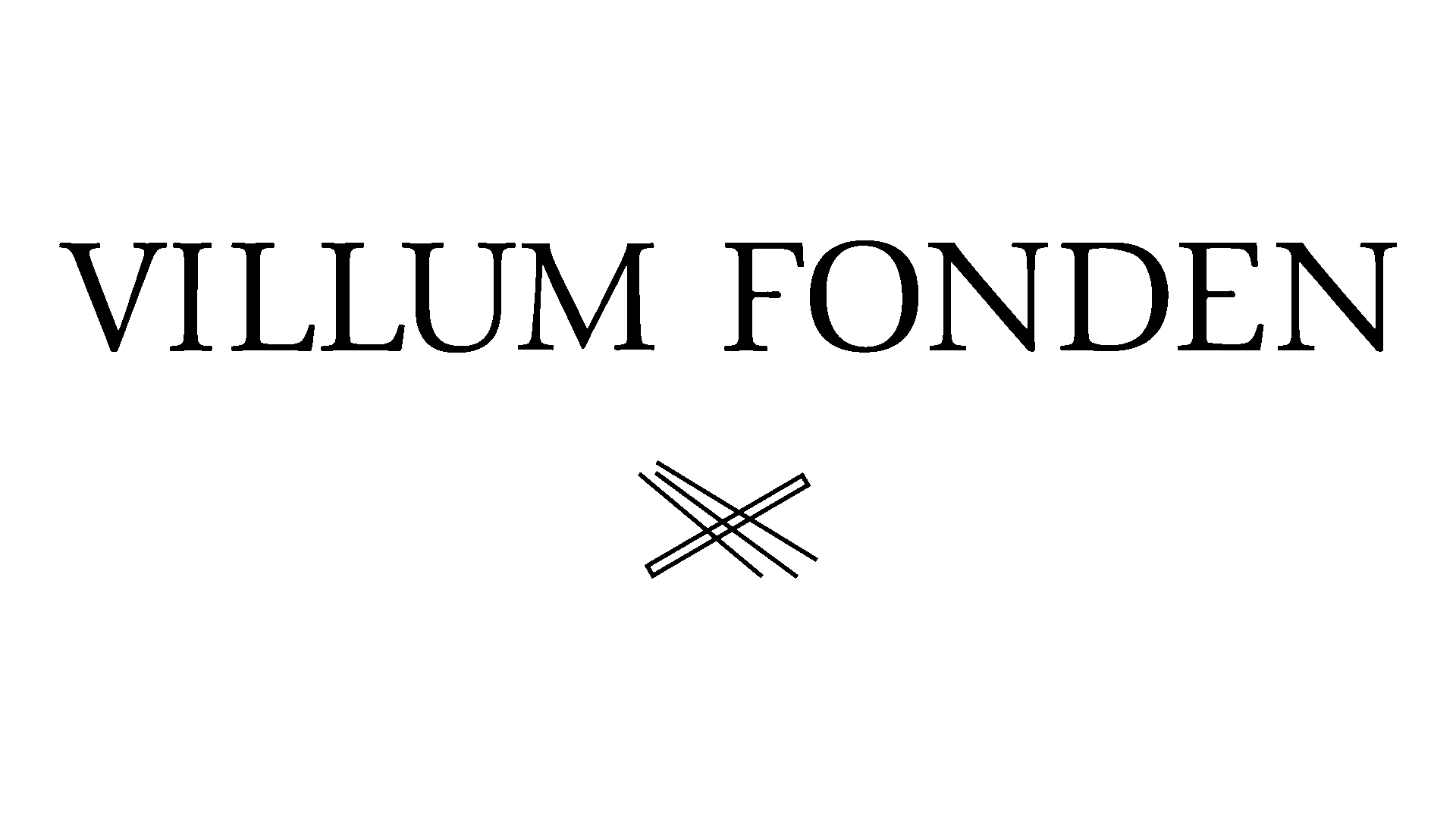Highlights on LinkedIn and X
Oops, this feature requires cookies
To view the content, you must change your cookie consent to allow functionality cookies
News
Shortcuts
Current opportunities
About
The Pioneer Center unites leading Power-to-X experts from five Danish and three international universities in conducting fundamental strategic research and delivering transformative breakthroughs across scientific disciplines, methods, and sustainable and scalable materials discovery and development.
By building upon recent advances in complementary fields like computational materials design, operando characterization, and scalable materials synthesis, as well as autonomous robotics, digital twins, and machine learning, CAPeX will reinvent the ways we invent new sustainable materials for Power-to-X.
The Center is run in a partnership between DTU and Aalborg University (AAU), and is located in a new interdisciplinary ‘Climate Challenge Laboratory’ at DTU, Kgs. Lyngby in Greater Copenhagen.
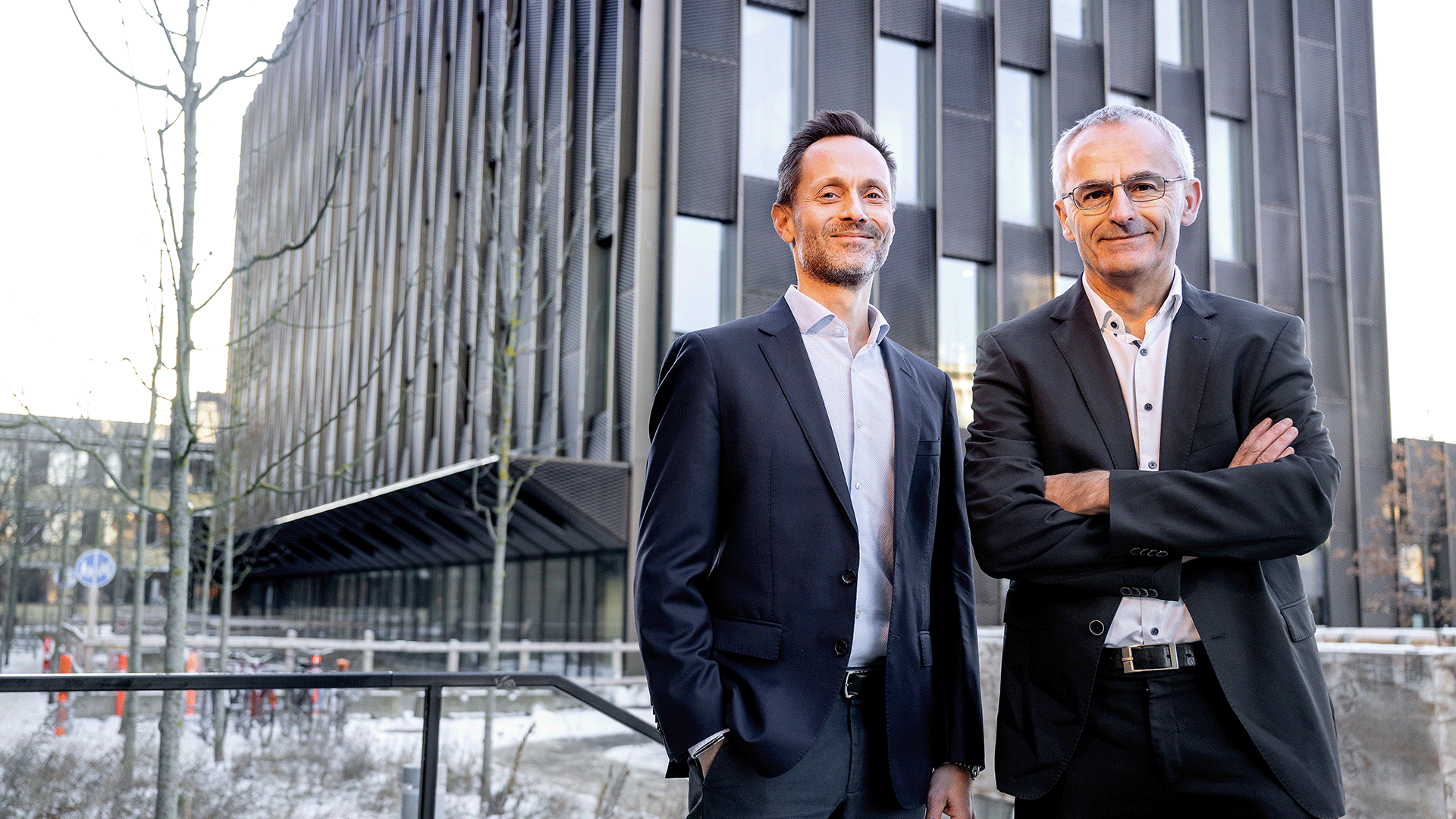
A strategy for educational excellence
Educating the next generation(s) of researchers, engineers, innovators, and leaders in the green transformation by providing educational excellence at the MSc, PhD, and postdoctoral level is critical for ensuring societal impact, and a key focal point in CAPeX. CAPeX will assume a highly collaborative effort, where young talent from all geographies will have access to the best professors, state-of-the-art infrastructure, and the latest educational approaches.
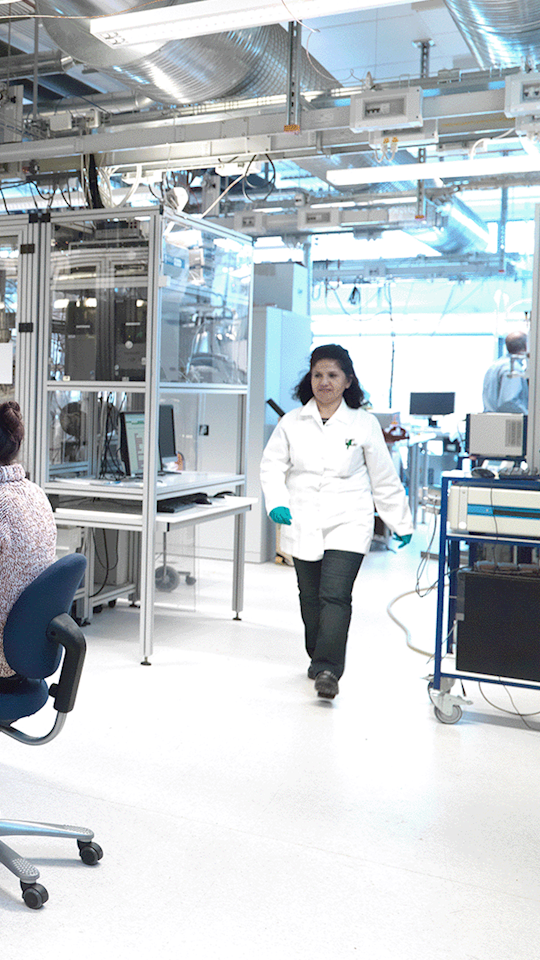
CURRENT OPPORTUNITIES
Are you interested in being a part of the CAPeX Academy?

